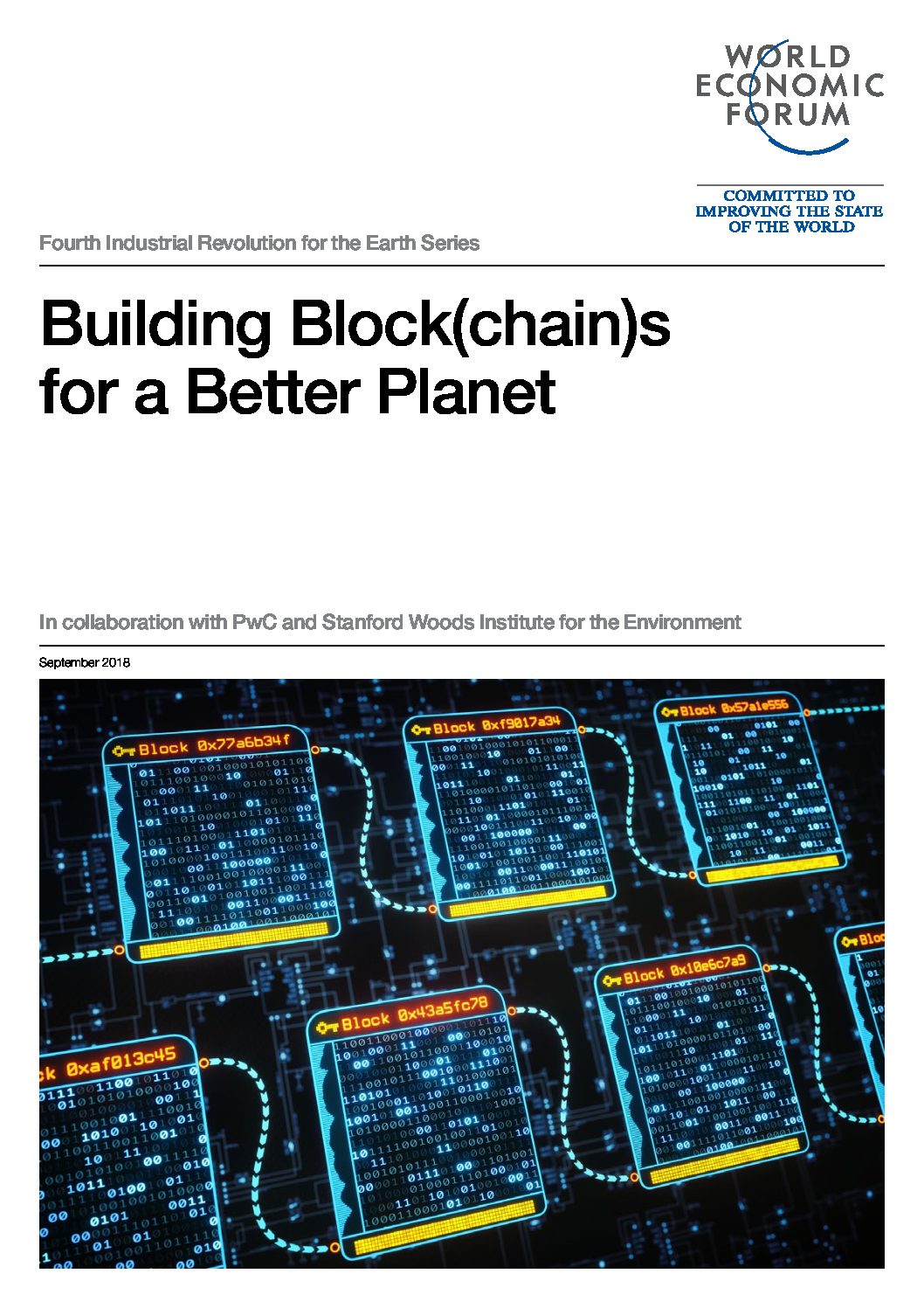Blockchain has the potential to transform how humans transact. It is a decentralized electronic ledger system that creates a cryptographically secure and immutable record of any transaction of value, whether it be money, goods, property, work or votes. This architecture can be harnessed to facilitate peer-to-peer payments, manage records, track physical objects and transfer value via smart contracts.
This potential to fundamentally redefine how business, governance and society operate has generated considerable hype about blockchain. Despite this hype, it remains a nascent technology with considerable challenges that need to be overcome, from user trust and adoption through to technology barriers (including interoperability and scalability), security risks, legal and regulatory challenges, and blockchain’s current energy consumption.
However, as the technology matures and its application across sectors and systems grows, there is both a challenge and an opportunity to realize blockchain’s potential – not just for finance or industry, but for people and the planet. This opportunity comes at a critical juncture in humanity’s development. As a result of the “great acceleration” in human economic activity since the mid20th century, which has yielded impressive improvements in human welfare, research from many Earth-system scientists suggests that life on land could now be entering a period of unprecedented environmental systems change.
Fortunately, an opportunity is also emerging to harness blockchain (and other innovations of the Fourth Industrial Revolution) to address six of today’s most pressing environmental challenges that demand transformative action: climate change, natural disasters, biodiversity loss, ocean-health deterioration, air pollution and water scarcity. Many of these opportunities extend far beyond “tech for good” considerations and are connected to global economic, industrial and human systems. Blockchain provides a strong potential to unlock and monetize value that is currently embedded (but unrealized) in environmental systems, and there is a clear gap within the market. In the first quarter of 2018, for example, 412 blockchain projects raised more than $3.3 billion through initial coin offerings (ICOs).5 Less than 1% of these were in the energy and utilities sector, representing around $100 million of investment, or around just 3% of the total investment for the quarter.
